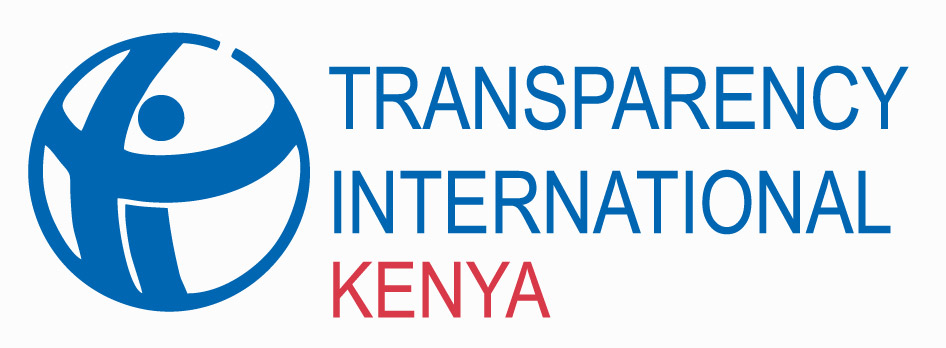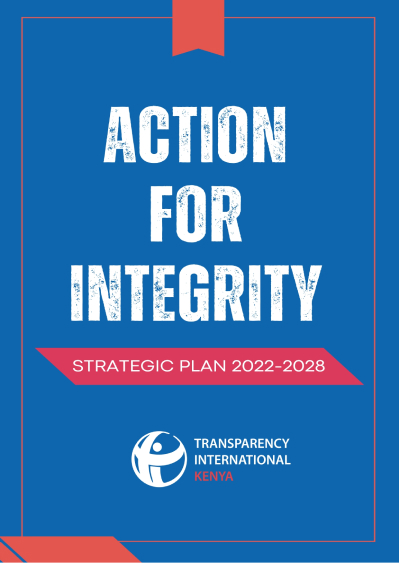EMBEDDING HUMAN RIGHTS IN BUSINESS: A LEGAL AND ETHICAL IMPERATIVE
Kenya’s Constitution (CoK 2010) affirms that the Bill of Rights applies to all, including businesses. This recognizes companies as corporate citizens with a duty not only to avoid harm but also to contribute positively to society. Businesses operating in Kenya are legally obligated to respect and promote human rights, particularly in sectors like extractives and energy, where resource exploitation intersects with community rights.
The United Nations Guiding Principles on Business and Human Rights (UNGPs) define the roles of both States and businesses in upholding human rights. These principles are structured around three pillars:
- The State’s duty to Protect human rights
- The corporate responsibility to Respect human rights
- The obligation to provide effective Remedies for human rights violations
For businesses in Kenya, integrating Human Rights Due Diligence (HRDD) is a obligatory. Unlike risk assessments, which are largely voluntary, HRDD mandates companies to actively assess, mitigate, and address their human rights impact. This is especially crucial in sectors where operations influence land rights, environmental sustainability, and community livelihoods.
WHO SHOULD USE THIS GUIDE?
This publication is designed for:
- Business leaders and value chain managers seeking guidance on integrating human rights into corporate policies
- Investors and stakeholders interested in responsible business practices
- Government bodies, CSOs, and standard-setting agencies focused on sustainable business practices
A PRACTICAL TOOLKIT FOR BUSINESSES
To support businesses in implementing HRDD, this guide provides a structured six-task framework covering:
- Policy commitment – Developing clear human rights policies and gaining leadership buy-in
- Impact assessment – Identifying and prioritizing human rights risks
- Integration into business operations – Embedding human rights considerations into decision-making
- Tracking and monitoring – Measuring progress and adjusting strategies
- Transparent communication – Reporting on human rights performance
- Remediation mechanisms – Establishing processes for addressing grievances
Additionally, the toolkit includes sector-specific insights, particularly for the extractive and energy industries, where businesses must balance profitability with environmental and social responsibility.
ADVANCING HUMAN RIGHTS DUE DILIGENCE IN KENYA
As Kenya strengthens its commitment to corporate accountability, this publication serves as a critical resource for businesses, investors, and regulators. It highlights best practices, legal frameworks, and case studies to guide companies toward responsible and sustainable business practices.
By adopting HRDD principles, businesses can mitigate risks, build trust with communities, and contribute to a fair and just economic landscape.
Download the full publication to explore in-depth insights and tools for effective Human Rights Due Diligence.

